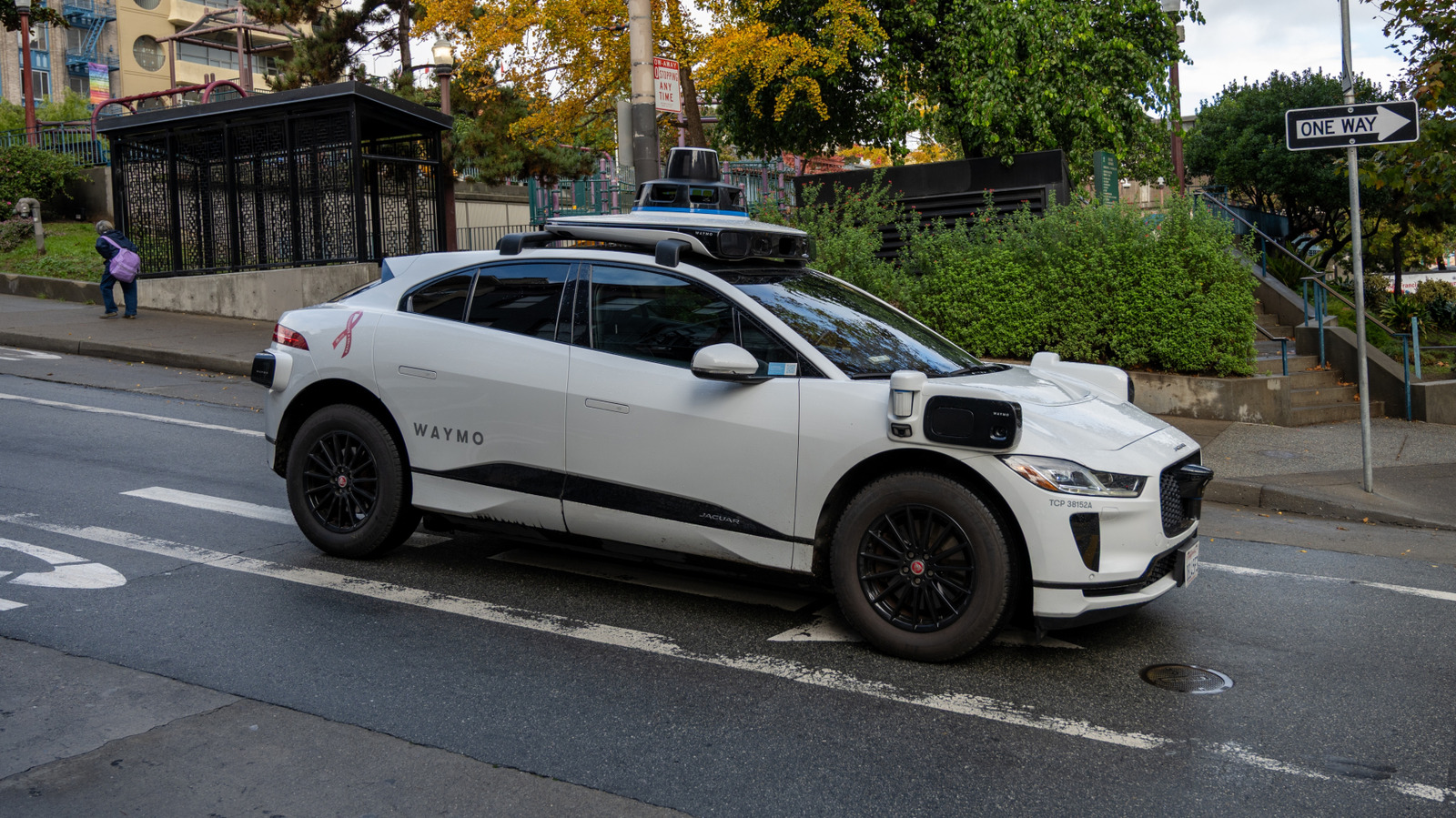Nuclear startup X-energy raised $700 million in a Series D found, the company told News.
The new fundraise comes less than a year after it expanded its Series C from $500 million to $700 million, bringing the total raised in the last year or so to $1.4 billion, a sizable amount even in the heady world of nuclear power startups. X-energy has raised $1.8 billion, to date.
X-energy said the new infusion will help build the supply chain for its small modular reactors (SMR). So far, the startup says it has orders for 144 SMRs capable of generating 11 gigawatts of electricity. Customers include Amazon, Dow, and British energy company Centrica.
The new round was led by Jane Street, which joined as an investor in the expanded Series C. Other investors participating include Ares Management funds, ARK Invest, Corner Capital, Emerson Collective, Galvanize, Hood River Capital Management, NGP, Point72, Reaves Asset Management, Segra Capital Management, and XTX Ventures.
X-energy is developing high-temperature, gas-cooled reactors, a type more recently used in Japan and China. Each of its Xe-100 reactors can generate 80 megawatts of electricity, and they are fueled by billiard ball-sized, carbon-coated pebbles containing uranium particles. Inside the reactor, helium gas flows over the pebbles, collecting heat, which is transferred to a steam turbine to generate electricity.
Like other nuclear startups, X-energy has ridden a wave of interest from tech companies and data center developers.
Amazon’s Climate Pledge Fund led the first installment of the startup’s Series C. The tech company also announced last year it would buy more than 600 megawatts of nuclear capacity in the Pacific Northwest and Virginia, with the reactors coming online in the early 2030s. Altogether, Amazon’s deal with X-energy could see as much as 5 gigawatts deployed by 2039.
Techcrunch event
San Francisco
|
October 13-15, 2026
X-energy is in a race with several other SMR startups to resuscitate the nuclear industry in the United States. While many of the designs appear promising, only a handful SMR power plants have been built to date, none of which are in the United States.










